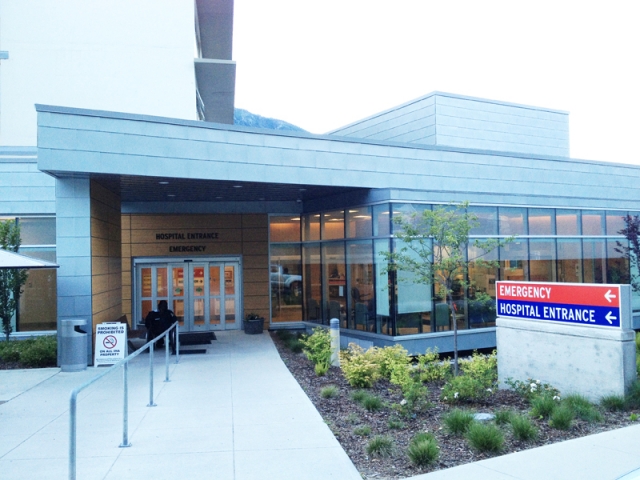Surgery wait times for Canadians skyrockets says Fraser Institute study
The median wait time for Canadians seeking medically necessary surgery or other therapeutic treatment remains stalled at 18.2 weeks, same as 2013, finds the 24th annual wait times report by the Fraser Institute, an independent, non-partisan Canadian public policy think-tank.
In 1993, the wait time was just 9.3 weeks.
“Despite high levels of health care spending, Canadians continue to endure unacceptably long wait times for treatment,” said Bacchus Barua, senior economist at the Fraser Institute’s Centre for Health Policy Studies and lead author of Waiting Your Turn: Wait Times for Health Care in Canada, 2014 Report.
The study examines the total wait time faced by patients from referral by a general practitioner, to consultation with a specialist, and subsequent receipt of treatment.
For example, this year patients can expect to wait 42.2 weeks (from referral to treatment) for orthopaedic surgery, up from 39.6 weeks in 2013 and 19.5 weeks in 1993.
Patients can also expect to wait 21.5 weeks (one month longer than in 2013) just for an initial appointment with a neurosurgeon. And after that initial appointment, they may wait an additional 9.6 weeks for treatment.
On a somewhat better note, patients face much shorter referral-to-treatment wait times, relative to other treatments, for medical oncology (3.3 weeks) and radiation oncology (4.2 weeks).
However, across the 10 provinces and 12 treatment categories measured (which include general surgery, cardiovascular surgery and gynaecology) Canadian patients generally wait more than three weeks longer—between an appointment with a specialist and treatment—than what physicians consider “clinically reasonable.”
The study also estimates that the number of medical procedures Canadians are waiting for has increased to an estimated 937,345 in 2014 from 928,120 in 2013.
“The protracted wait times for medically necessary treatment in Canada are not simply minor inconveniences. They can result in pain and suffering for patients, contribute to lost productivity at work, decreased quality of life, and in the worst cases, disability and death,” Barua said.
Among provinces, wait times in 2014 (from referral to treatment) were longest in New Brunswick (37.3 weeks), Prince Edward Island (35.9 weeks) and Nova Scotia (32.7 weeks). Ontario (at 14.1 weeks) had the shortest waits, followed by Saskatchewan (14.2) and Quebec (16.9).
“If Canada wants to provide more timely access to quality health care, it should consider adopting some of the policies used by other countries with universal health care systems, such as Switzerland, the Netherlands and Australia,” Barua said.
“Simply putting someone on a list is not the same as providing necessary medical care in a timely manner.”
Waiting Your Turn: Wait Times for Health Care in Canada is Canada’s only comprehensive measurement of wait times for medically necessary health care.
Based on an annual survey of physicians practising in 12 specialties in each province, the report measures the wait times from referral (by a general practitioner) to treatment, from referral to consultation with a specialist, from specialist appointment to treatment, and the wait times for MRI, CT and ultrasound scans.

























